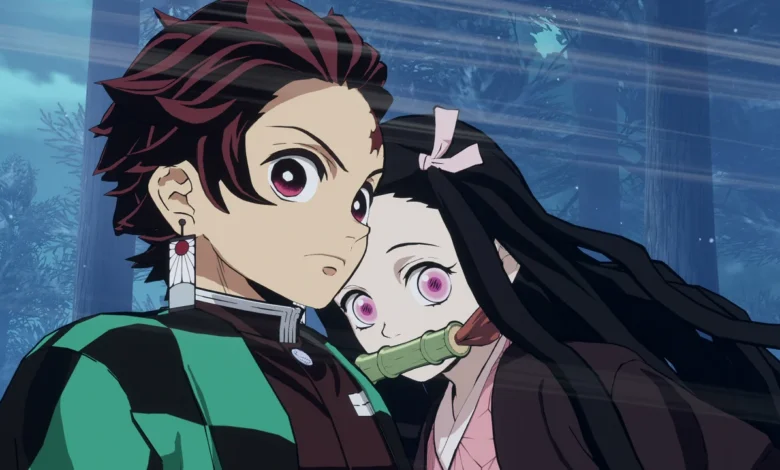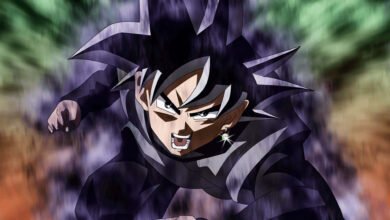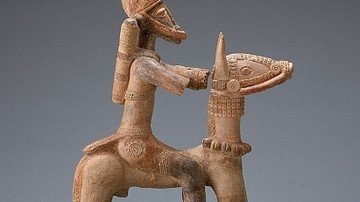Art:0mqfhrsn2tu= Demon Slayer Manga

The Art:0mqfhrsn2tu= Demon Slayer Manga” transcends mere illustration, presenting a sophisticated interplay of color, form, and emotional resonance that captures the essence of its narrative. Each character is meticulously crafted, not only to convey their personal journeys but also to reflect broader themes of resilience and sacrifice. The incorporation of traditional art styles enriches the visual storytelling, inviting audiences to explore deeper cultural contexts. As we examine these elements, one must consider how such innovations have influenced contemporary manga and what implications this holds for future creators. What unfolds next in this evolving landscape?
Visual Aesthetics of Demon Slayer
One might argue that the visual aesthetics of Art:0mqfhrsn2tu= Demon Slayer Manga play a pivotal role in its widespread appeal and critical acclaim.
The meticulous color palette enhances emotional depth, while dynamic compositions create a sense of movement and urgency.
These elements not only captivate viewers but also elevate storytelling, allowing for a rich, immersive experience that resonates with an audience yearning for artistic freedom and expression.
Read more: Art:0ld8lsaidx8= Kathe Kollwitz
Character Design and Development
The intricate visual aesthetics of Demon Slayer seamlessly complement the series’ character design and development, which are central to its narrative impact.
Each character’s evolution is meticulously crafted, showcasing profound emotional depth that resonates with audiences.
This dynamic interplay between design and personal growth not only enhances viewer engagement but also fosters a deep connection with characters, ultimately enriching the storytelling experience.
Influence of Traditional Art Styles
A profound influence of traditional art styles permeates Demon Slayer, enriching its visual narrative with historical and cultural significance.
By integrating traditional techniques, the manga evokes a sense of nostalgia and authenticity.
The use of cultural symbolism deepens character motivations and themes, inviting readers to explore the intricate tapestry of Japanese heritage.
This fusion not only captivates but also elevates the storytelling experience.

Impact on Manga Industry Trends
Demon Slayer has significantly reshaped the landscape of the manga industry, setting new standards that resonate across various genres.
Its innovative market strategies have influenced publishers to prioritize multimedia adaptations, while its cultural impact has broadened the audience’s appreciation for diverse storytelling.
As a result, new creators are empowered to explore unconventional themes, fostering a more vibrant and inclusive manga ecosystem.
Read more: Art:0lrtsztmwgm= Boba Fett
Conclusion
The convergence of meticulous Art:0mqfhrsn2tu= Demon Slayer Manga, profound character evolution, and traditional influences in “Demon Slayer” not only captivates audiences but also redefines the expectations within the manga genre. This innovative narrative approach coincides with a broader cultural renaissance, fostering a renewed appreciation for diverse storytelling. As “Demon Slayer” continues to inspire both creators and readers, its impact reverberates through the industry, heralding a transformative era where artistic expression and cultural heritage intertwine to elevate the medium.






